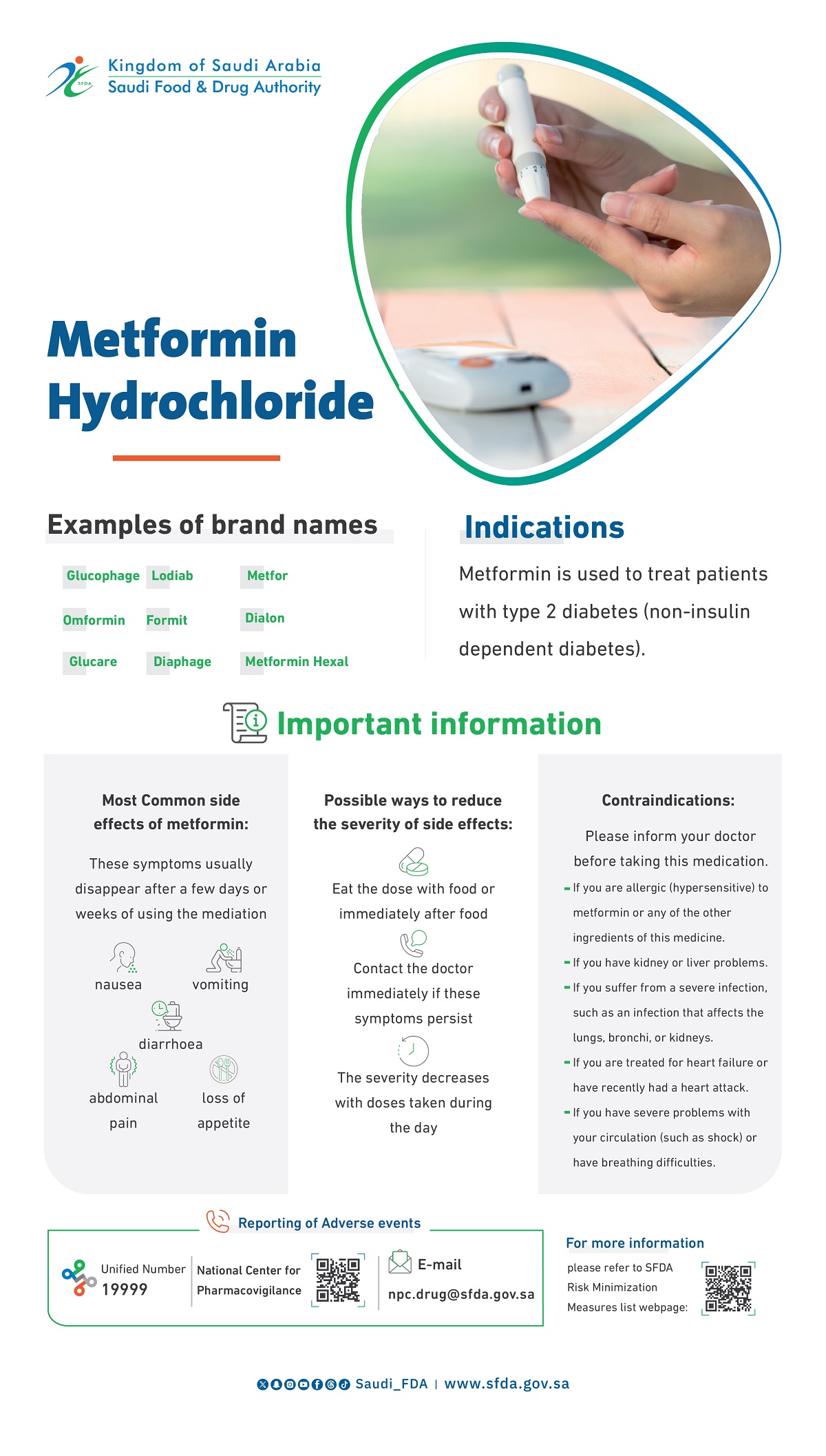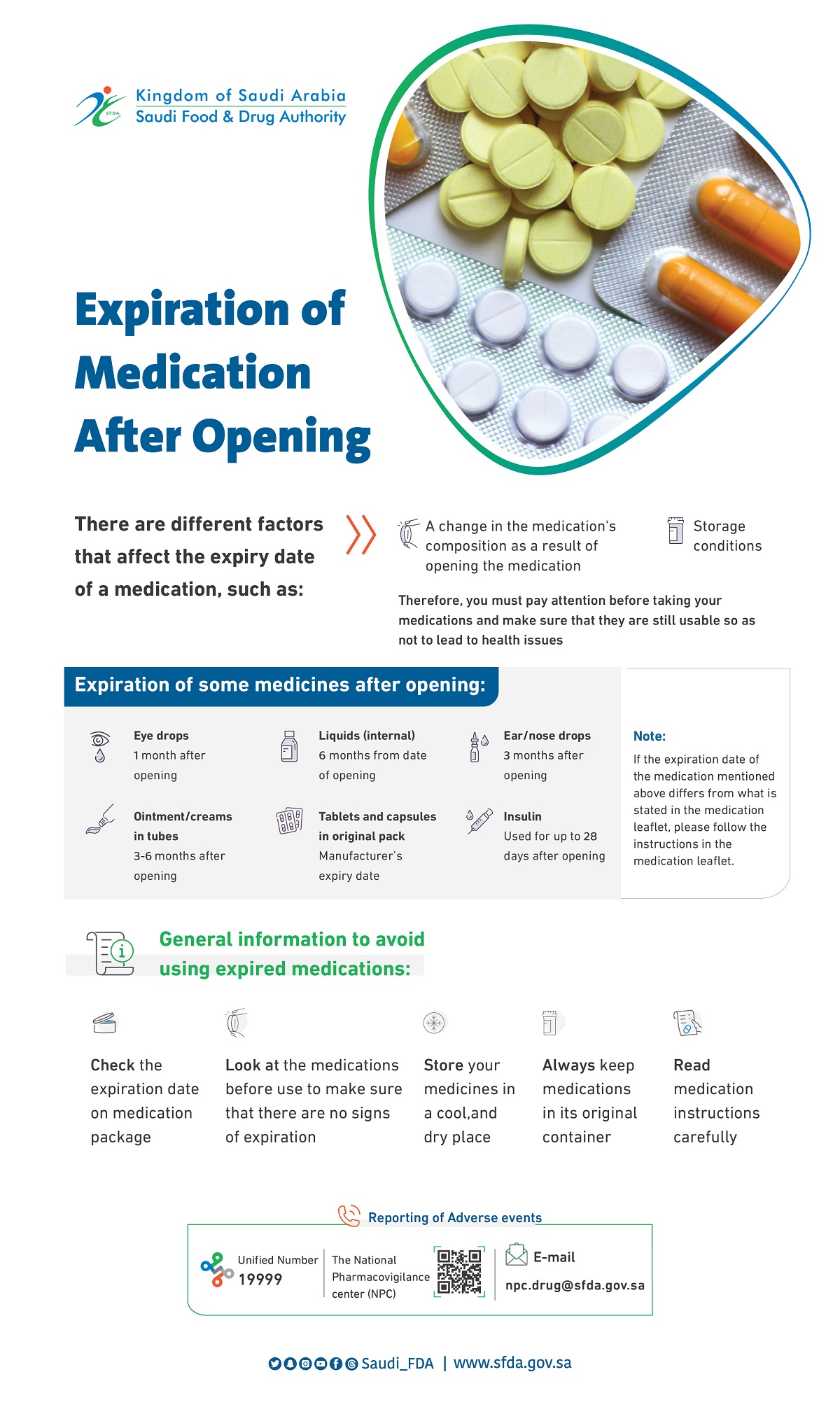

-
About SFDA
About SFDA
SFDA in vision 2030
Authority Strategy
Career and Life
- Information Lists
-
Areas
- Consumer Corner
- Media Centre
- Eservices
Use of proton pump inhibitors and risk of osteoporosis-related fractures
Use of proton pump inhibitors and risk of osteoporosis-related fractures
Use of proton pump inhibitors and risk of osteoporosis-related fractures
2008-08-23
Background: The use of proton pump inhibitors has been associated with an increased risk of hip fracture. We sought to further explore the relation between duration of exposure to proton pump inhibitors and osteoporosis-related fractures.
Methods: We used administrative claims data to identify patients with a fracture of the hip, vertebra or wrist between April 1996 and March 2004. Cases were each matched with 3 controls based on age, sex and comorbidities. We calculated adjusted odds ratios (OR) for the risk of hip fracture and all osteoporosis-related fractures for durations of proton pump inhibitor exposure ranging from 1 or more years to more than 7 years.
Results: We matched 15 792 cases of osteoporosis-related fractures with 47 289 controls. We did not detect a significant association between the overall risk of an osteoportic fracture and the use of proton pump inhibitors for durations of 6 years or less. However, exposure of 7 or more years was associated with increased risk of an osteoporosis-related fracture (adjusted OR 1.92, 95% confidence interval [CI] 1.16–3.18, p = 0.011). We also found an increased risk of hip fracture after 5 or more years of exposure (adjusted OR 1.62, 95% CI 1.02–2.58, p = 0.04), with even higher risk after 7 or more years exposure (adjusted OR 4.55, 95% CI 1.68–12.29, p = 0.002).
Interpretation: Use of proton pump inhibitors for 7 or more years is associated with a significantly increased risk of an osteoporosis-related fracture. There is an increased risk of hip fracture after 5 or more years exposure. Further study is required to determine the clinical importance of this finding and to determine the value of osteoprotective medications for patients with long-term use of proton pump inhibitors .
Source : CMAJ • August 12, 2008; 179 (4). doi:10.1503/cmaj.071330.




